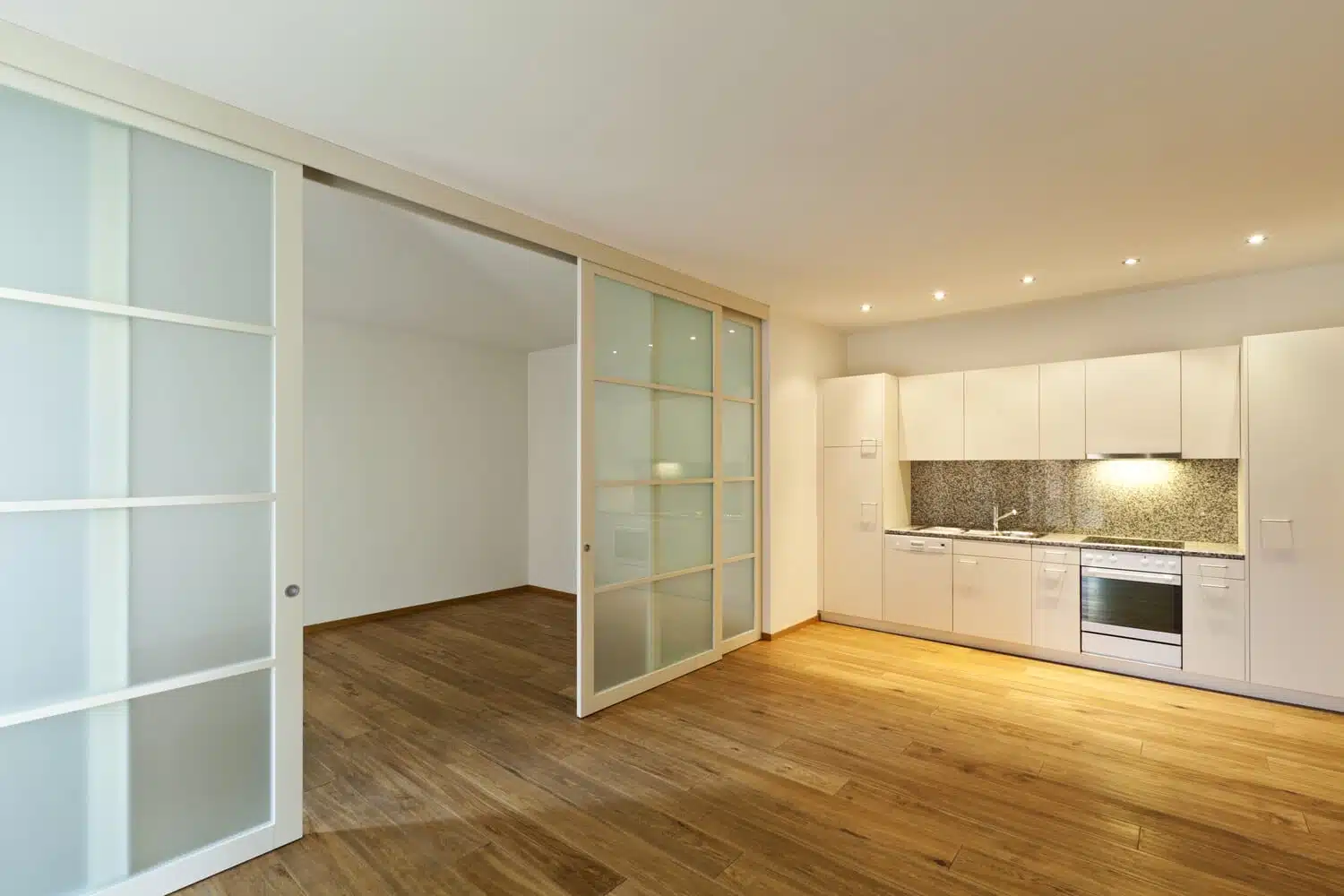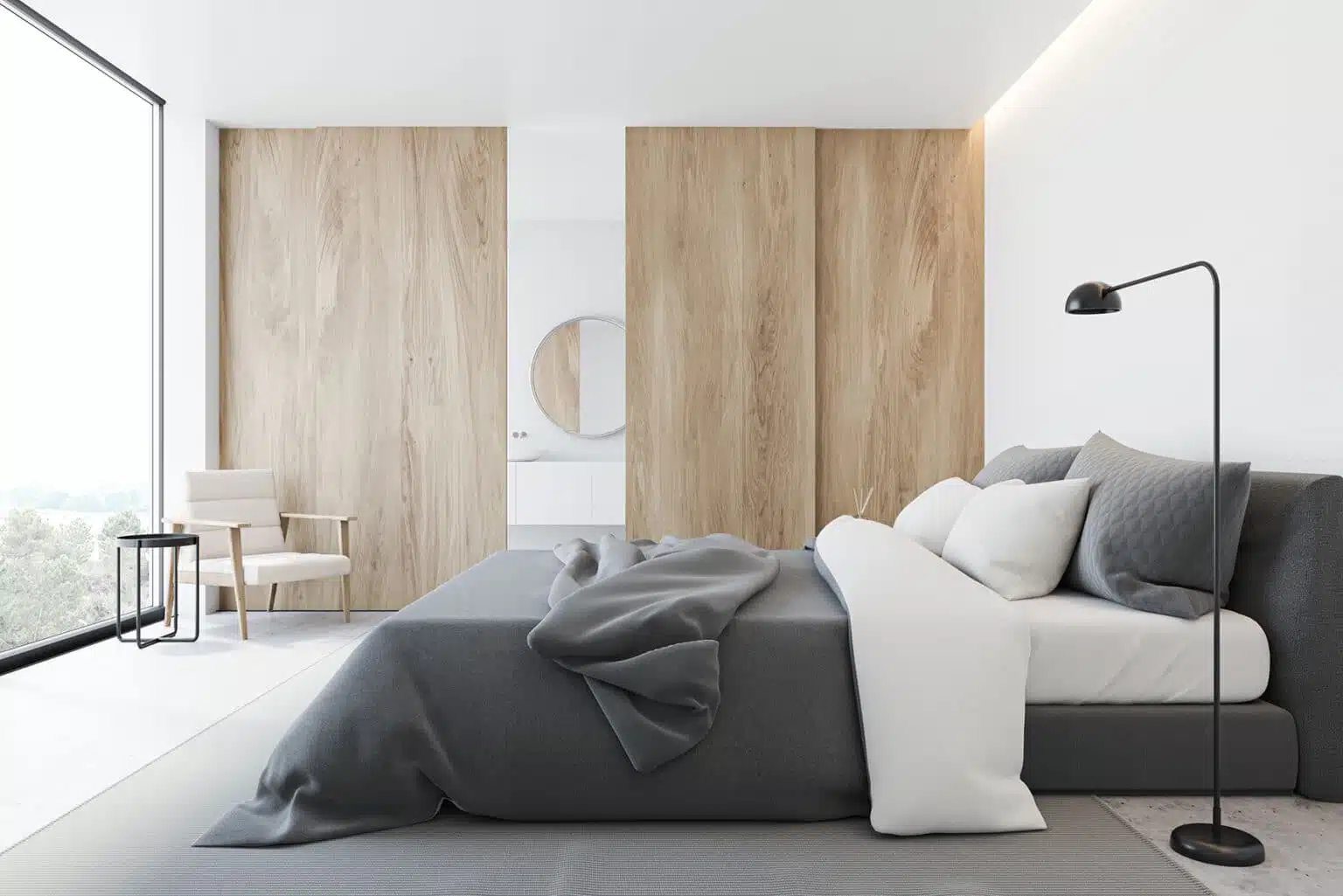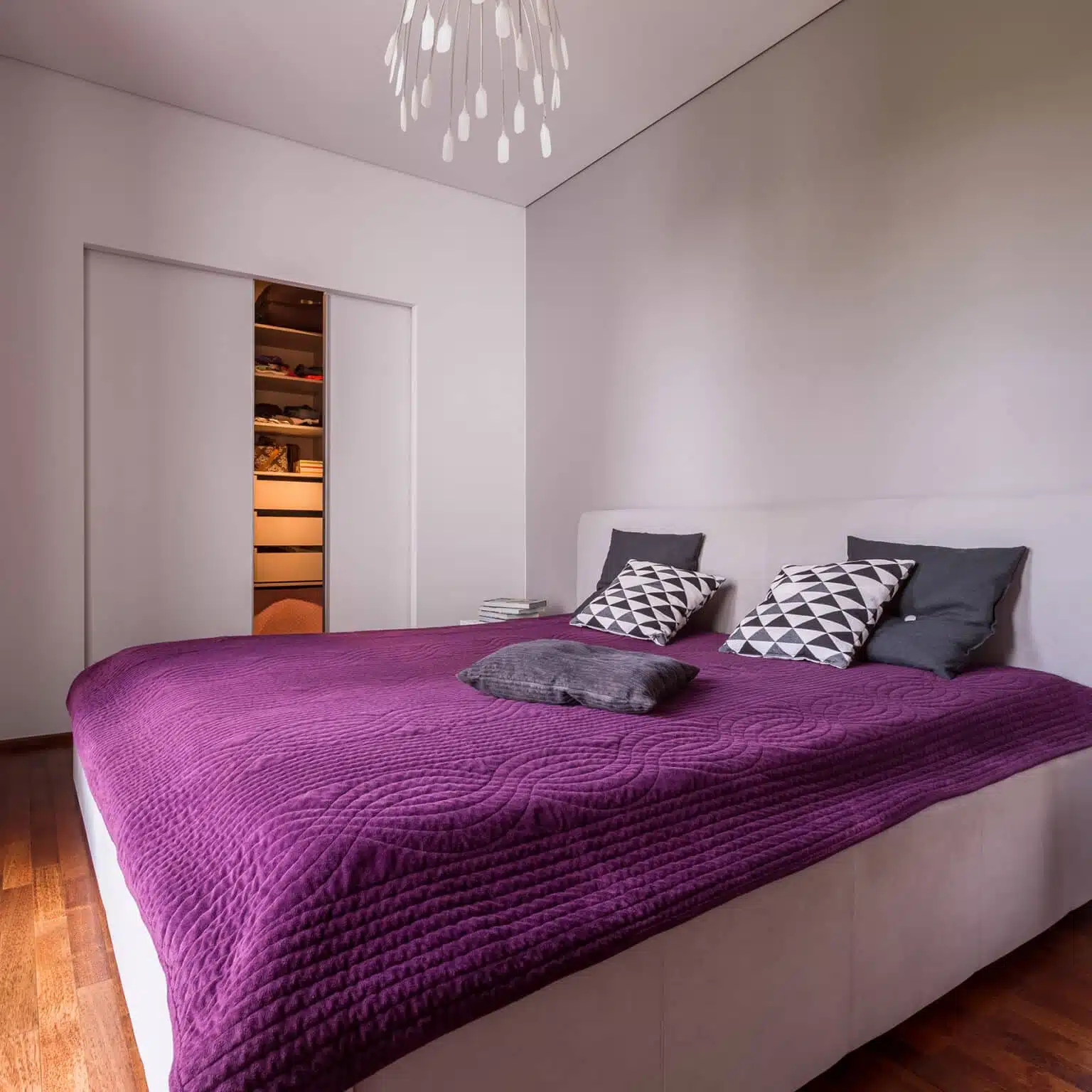Low-energy sliding doors
Often there are automation tasks for low-frequency sliding doors, especially for non-tight-closing interior applications in private or rarely used commercial areas. Wherever a sliding door is practical for space and application, the comfort of an automation system should not be ignored.
Low-energy drives are a simple and inexpensive alternative. Low-energy drives are suitable wherever additional operating comfort is needed, but the high-performance requirements of a full-energy drive are not necessary.
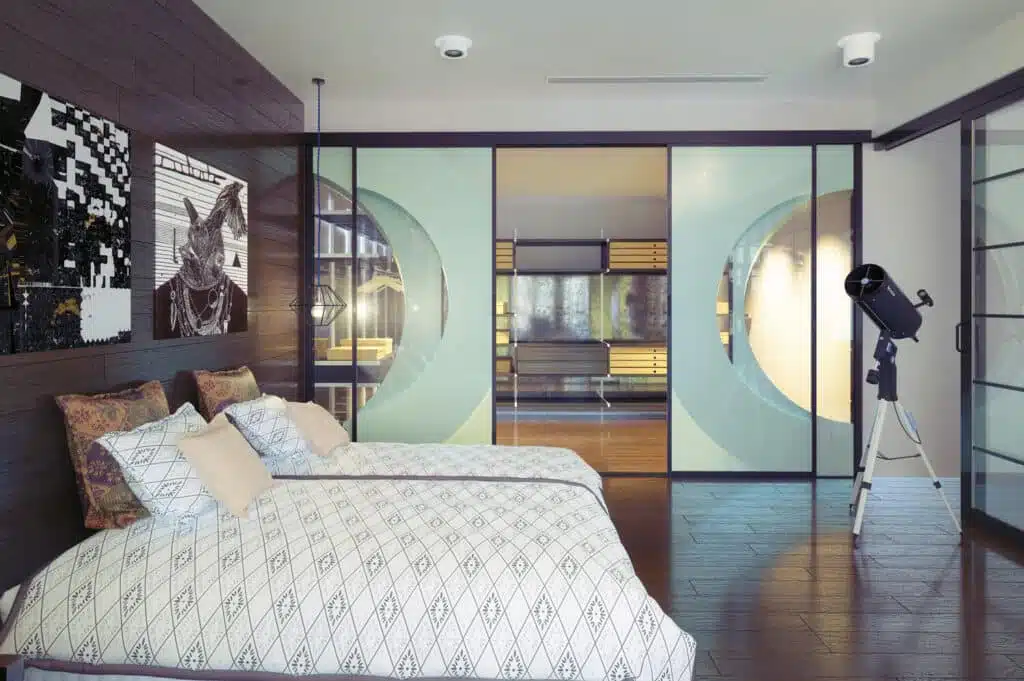
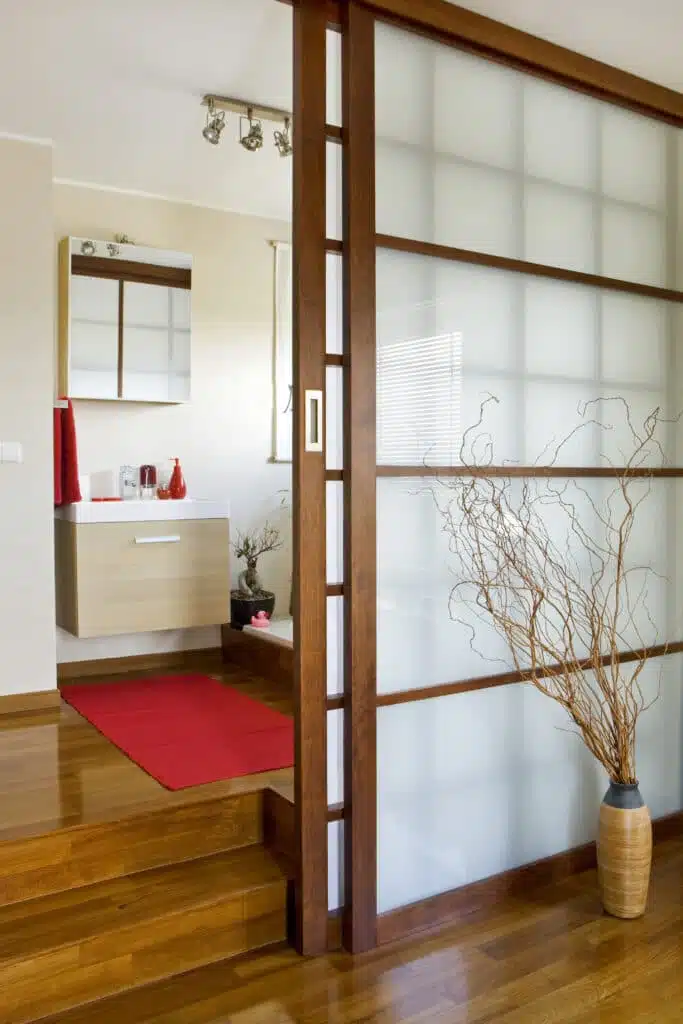
Low-energy drives offer many advantages
Despite the reduced power, Low-Energy drives have many advantages. They are much smaller in size and therefore integrate perfectly into existing doors and standard sliding door fittings. They are significantly cheaper and easier to retrofit. With lower travel speeds and an adapted travel profile, these drives generally do not require additional safety devices. The drive is supplemented with different accessories, in particular wireless technology.
Areas of application
Automated sliding doors increase personal living comfort. Particularly in barrier-free homes, sliding doors with low-energy drives are a relief for people with limited mobility, as regular doors are a significant obstacle for them. Like all sliding doors, there is no rotary movement, the door leaf doesn’t swing disruptively into the room or even towards the user. They can be opened and closed simply by pressing a button. Practical when you don’t have a hand to use.
Low-energy drives turn practical sliding doors into convenient room dividers in both the private and commercial sectors. Whether kitchen and pantry, bedroom and dressing room or laboratory and the patient room, the application areas are infinite.
Functionality and technical information
The drive can be used for single or multi-leaf sliding doors. The weight of the door panels is usually a maximum of 80kg, and the opening speed is between 0.1 cm/s to 0.3 cm/s depending on the setting. The drives are not authorised in escape and rescue routes.
The control unit features either the push-and-go function, i.e. the manual pushing of the door as an opening impulse or the automatic closing function. That means the door closes automatically after an adjustable hold-open time. In addition, the door can be operated in the so-called deadman mode. In other words, the door only moves as long as the control command is applied and is stopped immediately when the button or signal is deactivated.
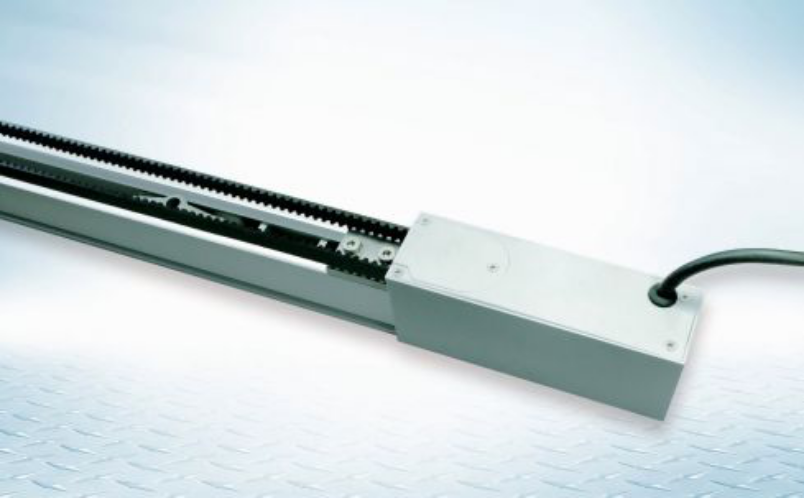
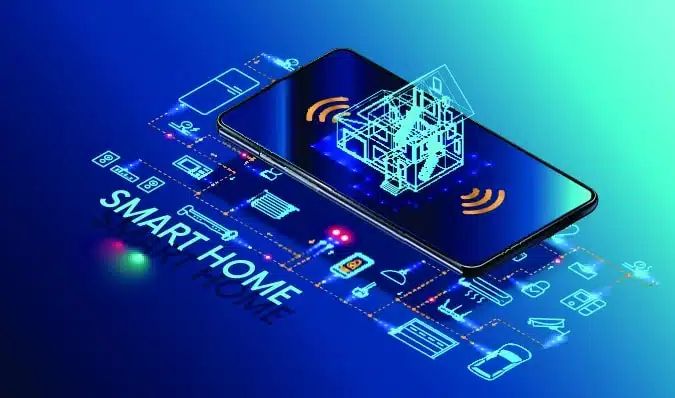
Baier Smart Drive
The latest generation of our drives is innovative: equipped with a Bluetooth and WiFi chip, the app and cloud can control the sliding door. The product has its own cloud platform, i.e. except for a WIFI connection. No other conditions are required to use the sliding door intelligently.
This also simplifies services and updates. New features can be added to the drive by installing a firmware update. If something goes wrong with the drive, a technician is not required to physically attend but can check the door “remotely”.
Safety aspects are important. If you don’t want to use these functions, they can be temporarily or completely deactivated.
